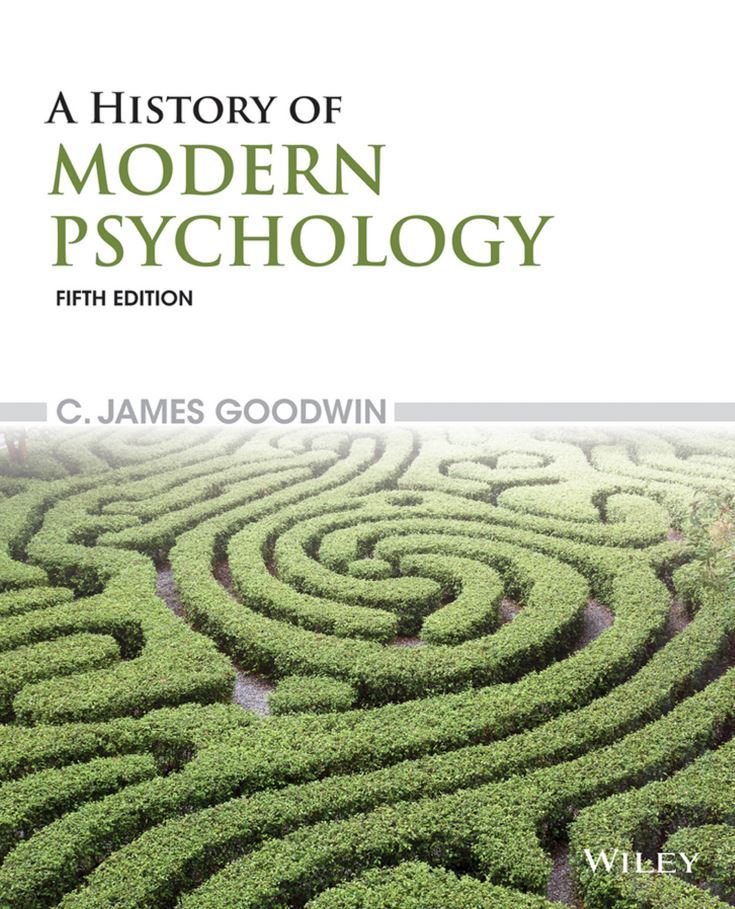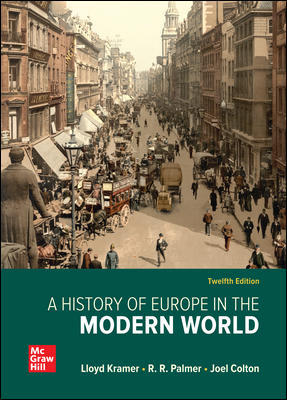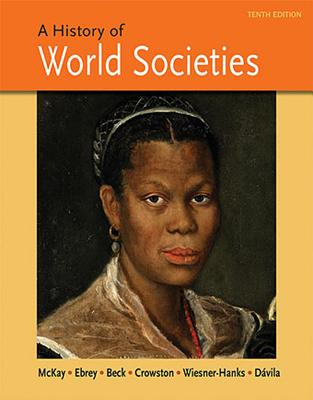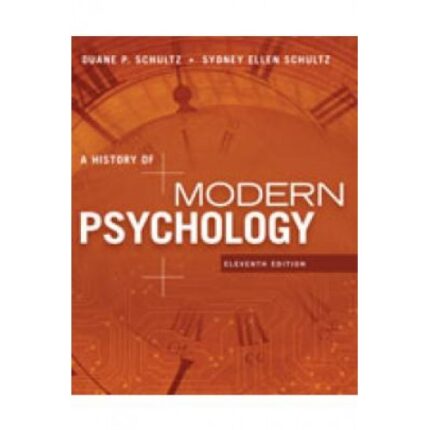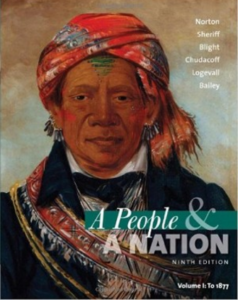Test Bank For A History of Modern Psychology 5th Edition by C. James Goodwin
I. Multiple Choice
NOTE: The following items also appear in the online study guide that is available to students:
2, 6, 14, 24, 28, 39
1. Robert Watson was instrumental in developing interest in psychology’s history in the 1960s. During this time he accomplished all of the following except
a. played a key role in forming APA’s Division 26 (on history)
b. was first Director of doctoral program in psychology’s history at UNH
c. established and became the first director of the Archives of the History of American Psychology
d. had a key role in forming Cheiron
2. Which of the following is the least important reason for studying history (in general, not just psychology’s history)?
a. it enables us to understand the present better
b. knowing history is the only sure way to predict the future
c. it prevents us from thinking that things were always much better in the past
d. it helps us to understand human nature
3. Early in the chapter, what was the purpose of describing the formation of the Association for Psychological Science (APS)?
a. to show that understanding the present requires knowing the past
b. to show that the most important reason for studying history is to be able to predict the future
c. to show that psychology can never be a unified discipline
d. to show that most research psychologists know little and care little about history
4. What was the purpose of the Boorstin quote from his essay The Prison of the Present?
a. to show that a full understanding of the present requires knowing the past
b. to show that the most important reason for studying history is to be able to predict the future
c. to show that knowing history prevents us from thinking that things were always better in the
past than they are now
d. to show that most psychologists prefer to live in the past
5. Which of the following is the least valuable reason for studying psychology’s history?
a. it will enable us to avoid the mistakes of the past
b. it will help synthesize the content learned in other psychology courses
c. it helps enable us better understand the present status of psychology
d. issues of importance 100 years ago are still important today
6. Furumoto’s concept of “old” history is characterized by
a. internal history
b. naturalistic history
c. an emphasis on historical context
d. historicism
7. Furumoto’s concept of “new” history is characterized by
a. internal history
b. personalistic history
c. an emphasis on the history of ideas
d. historicism
8. Someone taking an “old” history stance would, according to Furumoto, be likely to say that
a. Jones’s 1920 study is important because it anticipated Smith’s 1997 research
b. the history of psychology is, in essence, the history of great psychologists
c. modern psychology has progressed significantly from the days of the introspective analysis
d. all of these

